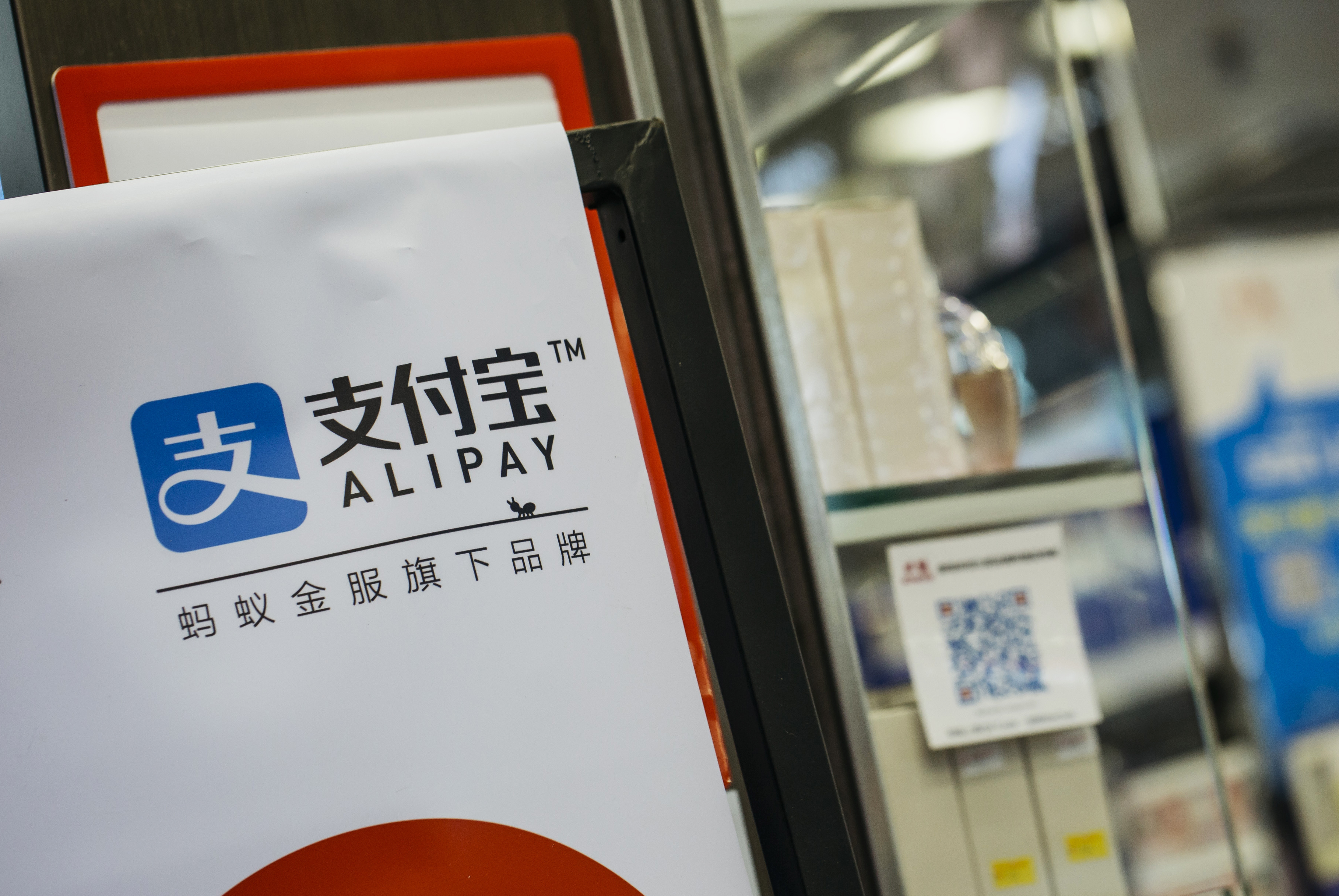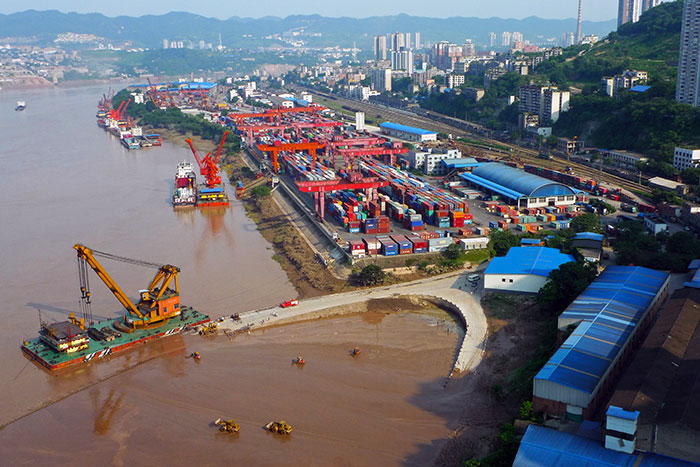Expert Interview
COVID-19’s Impact on Chinese Consumer Behavior and Business Strategy
by Rachel Lietzow, Qiao Ye, Sonia Tan, Masters candidates, UC San Diego School of Global Policy and Strategy
|
|
“Overall, COVID-19 has left the typical Chinese consumer with more of a safety mindset, and spending patterns in the near future will likely be closer to home.”

Xinhua / Shao Rui
Background
This year, the coronavirus pandemic that first emerged in Wuhan has presented formidable challenges to the Chinese economy. While the long-term economic effects remain unknown, the May decision to forgo a GDP growth target for 2020 highlights Chinese leadership’s concerns. To alleviate shocks to the Chinese economy, the government rolled out a $506 billion stimulus package, including a distribution of funds to local governments to spur spending and investment. Will the package be sufficient for economic recovery? How will the COVID-19 pandemic permanently alter China’s business environment and consumer confidence? We invite Prof. David Michael to provide his insights.
Has COVID-19 affected the Chinese economy evenly? What sectors will face the slowest recovery paths, and has the change in consumer spending allowed certain sectors to get ahead?
The sectors hit the hardest are related to international travel, and international education to an extent. So many Chinese consumers aspire to travel internationally, yet that is exceedingly challenging right now. Just as important to consider, China receives over 150 million foreign visitors in a year, and international tourism is predicted to experience a 60% to 80% decline due to COVID-19. We might see China’s foreign tourism numbers drop by over 100 million, and the effects would be long-lasting. We also see a large negative impact on the transportation and hotel industries, among others. With travel-related sectors, the biggest issue is that tourism requires international stability. Even if you have stability within China in terms of successful virus containment, the pandemic’s negative impact on international travel still exists.

There is certainly opportunity for businesses relying more heavily on the digital platforms, and the pandemic situation may provide different opportunities in household spending. For example, people may have the tendency to travel more locally, so one can argue that domestic tourism would actually be bolstered due to the pandemic. We see this effect in the U.S., as more people are taking trips to national parks due to increased limitations on other entertainment alternatives.
Some unexpected positive consumer impacts include the idea that people may now want to buy automobiles due to aversion towards the subway system and other public transportation. For another example, consumers are shown to have increased spending on food delivery and other eating-in options. I can imagine that the pandemic may also lead consumers to invest more in healthcare, and we may see growth in the health insurance industry. Overall, COVID-19 has left the typical Chinese consumer with more of a safety mindset, and spending patterns in the near future will likely be closer to home. It is interesting to think about what sectors may be impacted positively, but of course positive impacts could be temporary if the overall economy is depressed.
The Chinese government has tried to boost economic recovery through heavy investment on the supply side; do you think there is a lack of government support for the demand side? Some local governments gave out money to citizens to encourage consumption, but it was not a substantial amount. Should the stimulus package be more expansive?
Ultimately the money should go into testing and vaccines, otherwise these [stimulus] measures will have to continue indefinitely and that is unsustainable. I also think it will be very important to understand how consumers respond in terms of their own confidence. If consumer confidence decreases, then consumer spending follows suit, and the savings rate increases. This could potentially generate a cycle of negative effects, where the Chinese population overall starts saving and stops spending, resulting in economic decline, followed by a further decrease in consumer confidence and a trend towards even steeper savings.
Which side was most impacted by the pandemic, supply or demand?

Based on my own investments, I think demand was far more affected than supply in general. Chinese factories remain in operation, and companies are able to put in place policies that can create some safety for the workers. To me, an interesting related question is what happens to the value of the RMB, compared to other currencies? If the Chinese economy is depressed and if exports are depressed, then this hypothetically would put pressure on the RMB to depreciate relative to other currencies over time. From the foreign currency perspective, this would reduce the spending power of the Chinese consumer. If the RMB depreciates in value, then everyone [in China] gets poorer in foreign currency terms. You also have other governments that are basically printing more money in order to respond to the COVID-19 situation, so this becomes another interesting question for the Chinese economy: does this introduce a countering dynamic to the depreciating RMB exchange rate?
As you alluded to earlier, this season of reduced in-person spending activity in China has increased businesses’ reliance on digital platforms and e-commerce to attract consumers. Do you think this trend will be sustained for the long run?

Alipay, the largest mobile and online payments platform,
displayed outside a store in Hong Kong
(Anthony Kwan/Bloomberg)
I think China is already so advanced in terms of adoption of digital platforms in daily life that [the trend] will definitely continue. That has big implications for business strategies of companies in China, because temporary pandemic-instigated changes will get consumers to embrace mobile and digital platforms even more.
Do you expect the digital turn to happen across the board, or only in specific industries?
I think it probably depends on the category, but in general everything moves a step further in incorporating digital payments and platforms, in terms of consumer habit. Also I think it would be interesting to see how this changes the employment culture inside companies. During my time working in China, a part of company culture, even for big state-owned companies, involved employees taking a nap for an hour starting at 1:00 pm. There were other traditional practices as well, like expectations for employees to be at the office to show “face time” to the boss. Accelerated digitalization and remote work due to COVID-19 could certainly change the culture of how some companies conduct the typical workday.
You noted the pandemic’s impact of depressed exports on the Chinese economy. Looking into the future of China’s consumer markets and the growing Chinese middle class, do you think that in the next five years domestic consumption will make up for reduced exports?

Qiulongpo Port Container Terminal in Chongqing.
(Wenyong Li/World Bank)
I don’t think so. I just don’t think [domestic consumption] is enough because the consumer share of the Chinese economy is still too small for it to really offset some of those factors. The ultimate impetus for China’s future growth and raising per capita income levels is improvement in worker productivity over time. The key question is what happens to labor productivity over the longer term, and also does China have access to international markets? Obviously, the latter is complicated by everything happening in the political arena between the U.S. and China, and the increase in protectionist trade policy in response to the COVID-19 crisis. This creates another risk factor for Chinese consumption and imports.

